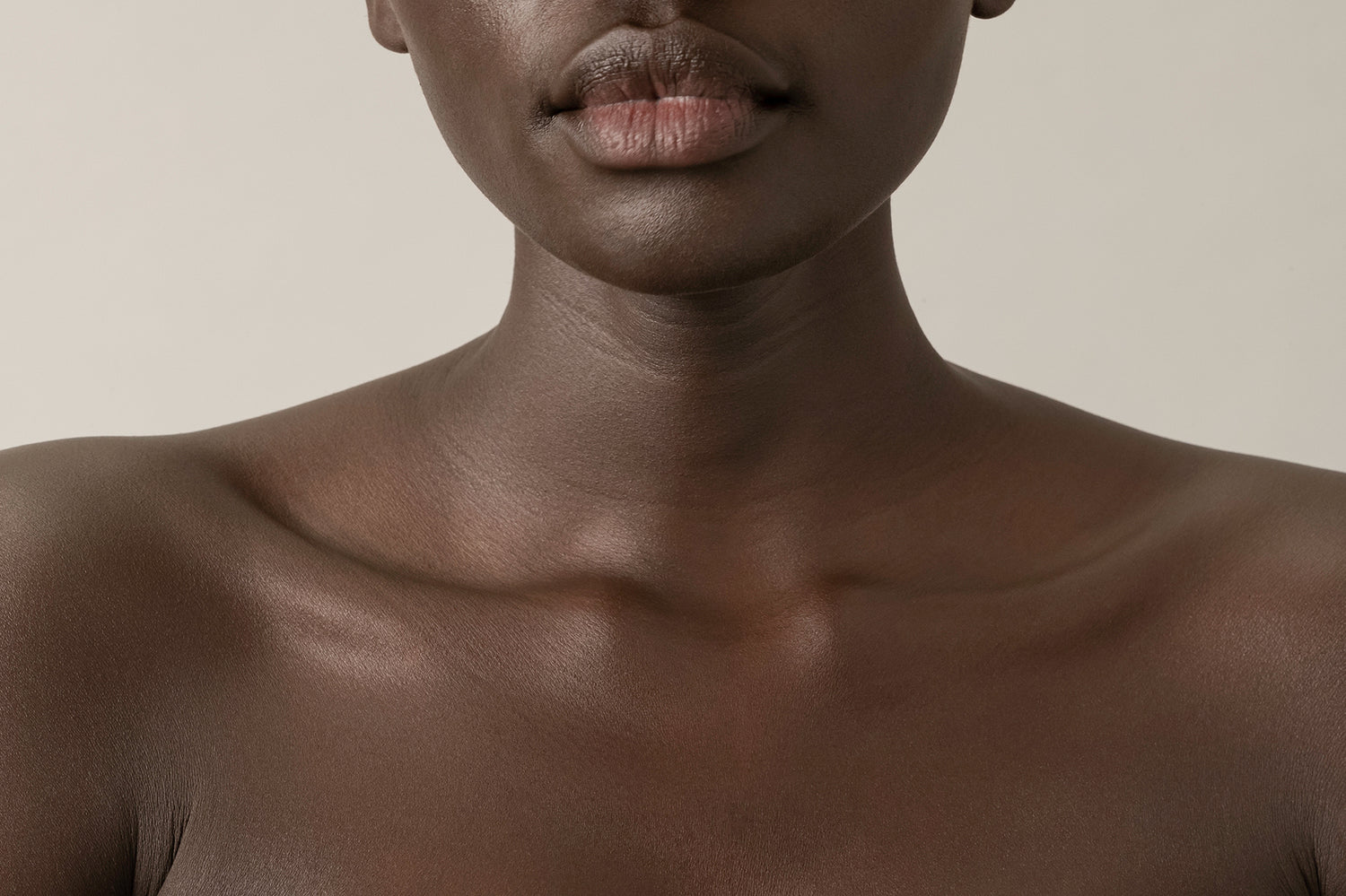The human body’s largest organ, the skin is home to hundreds of species of microbes - bacteria, fungi, protozoa and viruses - that live on and inside the human body. Your skin’s microbiome, also referred to as skin flora, reacts to external stressors as the major interface between us and the environment. Your skin acts as a physical barrier to prevent the evasion of pathogens while providing a home to these microbiota, where most are harmless or even beneficial to living on your skin.
Think of your skin like an ecosystem with colonies of bacteria. Those colonies are affected by the ecology of your skin, which varies depending on the distribution and location of microbiota on the surface, factors originating from within your body, as well as environmental factors originating from outside of your body (1). A better understanding of the skin microbiome has led to insights into microbial involvement in skin disorders and our overall health.
Your skin as part of your immune system
We tend to think of skin as something that’s only related to beauty and appearance, and not as an organ that is essential to our overall health. Recent studies indicate that a healthy skin microbiome can protect the body against infection by crowding out overgrowth of pathogenic organisms, the “bad” bacteria residing on your skin. Vital for regeneration and healing, your skin’s microbiome is directly linked to irritations and inflammations such as acne vulgaris, dermatitis, and psoriasis (3).
What factors alter your skin’s microbiome?
There are many potential factors contributing to the variation of skin microbiota, such as (1):
- Your job and what your work environment looks like
- Cosmetics, soaps, hygienic products and moisturizers
- Certain medications
- Stress and anxiety
Is there a relationship between the health of your gut and healthy skin?
There are 1,000 different bacterial species and up to 80 different fungi species in your skin microbiome. Some of these are also residents of your gut microbiome, stressing the relationship between your gut bacteria and the health of your skin. Recent studies suggest that certain factors such as stress and a poor diet can affect your gut flora, and harm-causing bacteria start to outnumber the bacteria with benefits (3). Once this process builds within the gut, toxins from the gut enter your body and cause inflammation. Inflammation can lead to skin disorders,
Eventually, when the bacterial flora in the gut are "out of whack", the toxins begin to “leak out” into the body, causing inflammation that can trigger skin disorders. It is proven that when we
How to nurture your skin’s bacteria
Your skin can be a harsh physical landscape, the nutrient-poor, acidic environment can lead to a build of pathogens. (2). Healthy, glowing skin is a product of a good self-care routine. Slowing down and taking the time to nurture your skin’s immune system can have serious results on your overall health. Diets high in “good” bacteria can reduce inflammation and stress on the skin, such as in probiotics. Moisturizers with .. help regenerate and heal the skin, reducing inflammation and thereby irritations on the skin.
References
(1) https://www.ncbi.nlm.nih.gov/pmc/articles/PMC3535073/
(2) https://www.nature.com/articles/nrmicro.2017.157
(3) https://www.ncbi.nlm.nih.gov/pmc/articles/PMC6048199/(Gut Microbiome as a Major Regulator of the Gut-Skin Axis)

